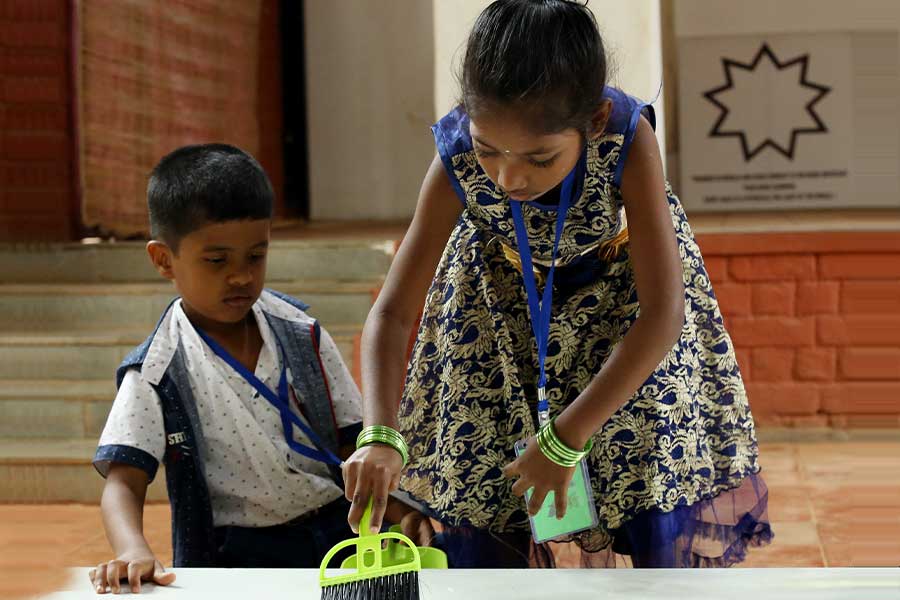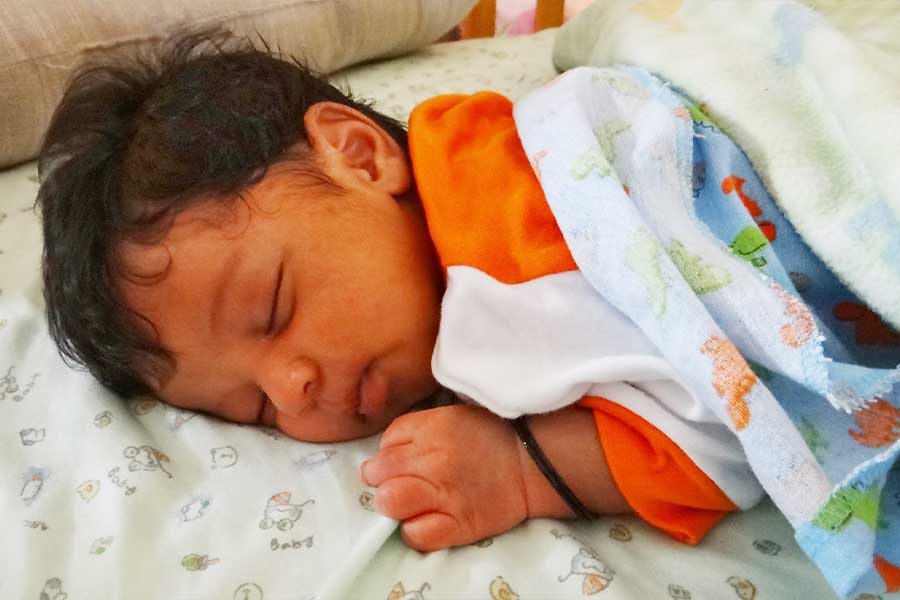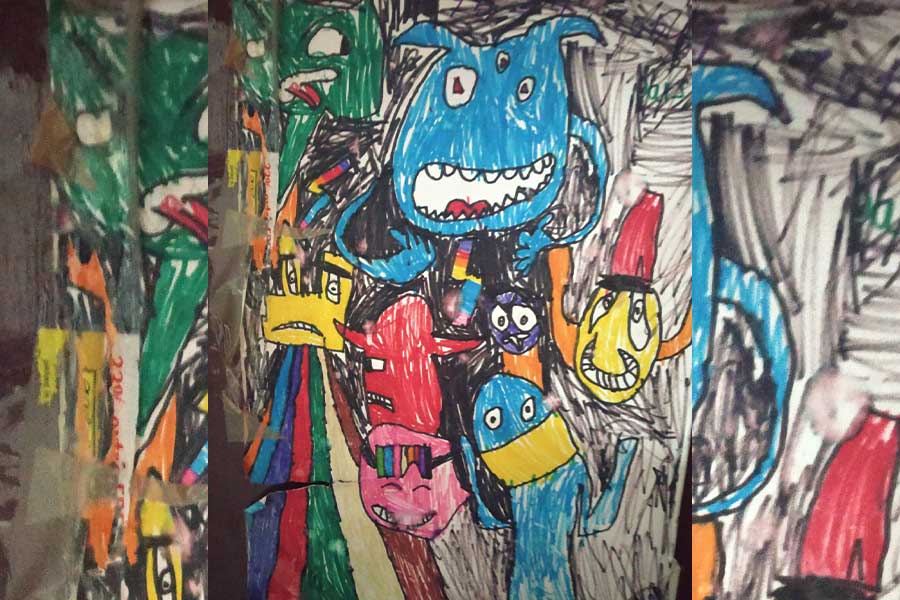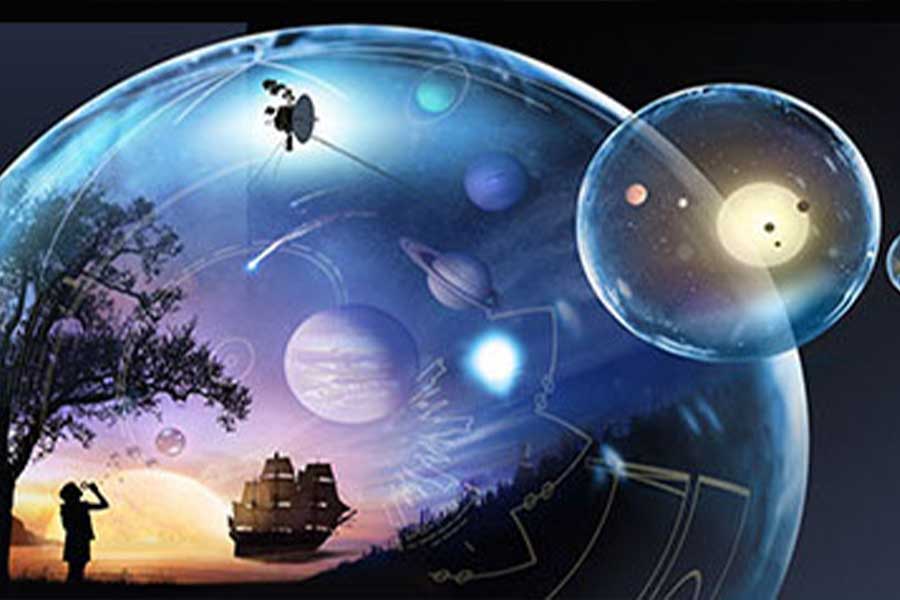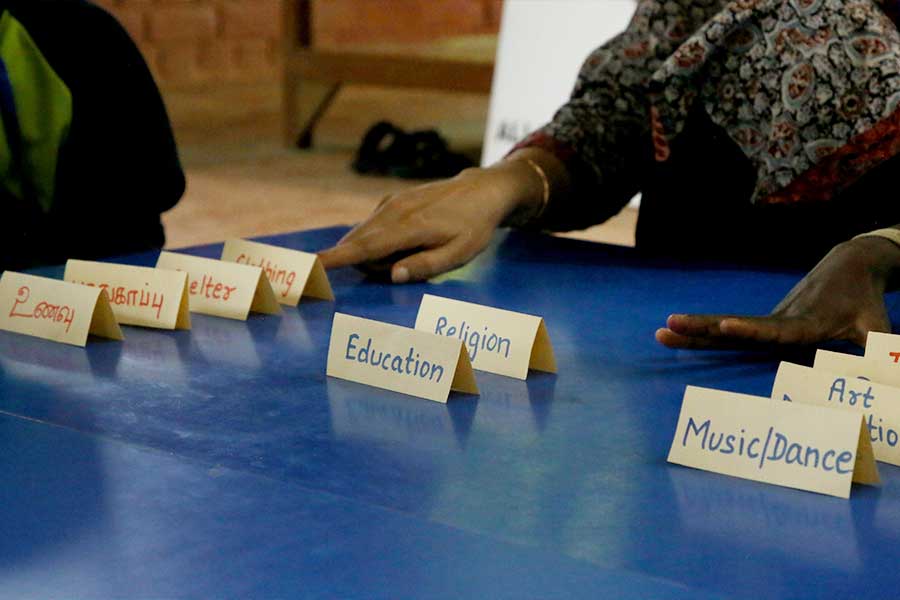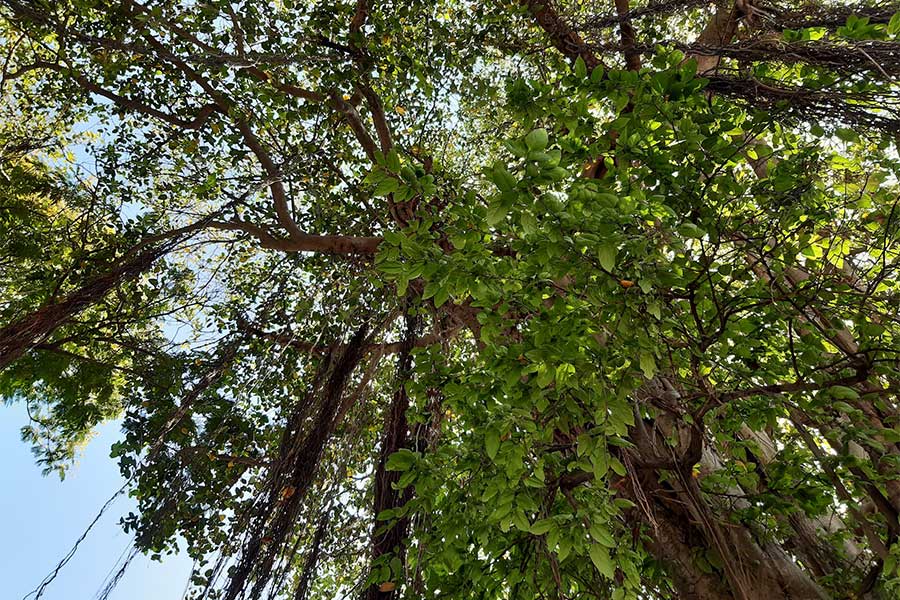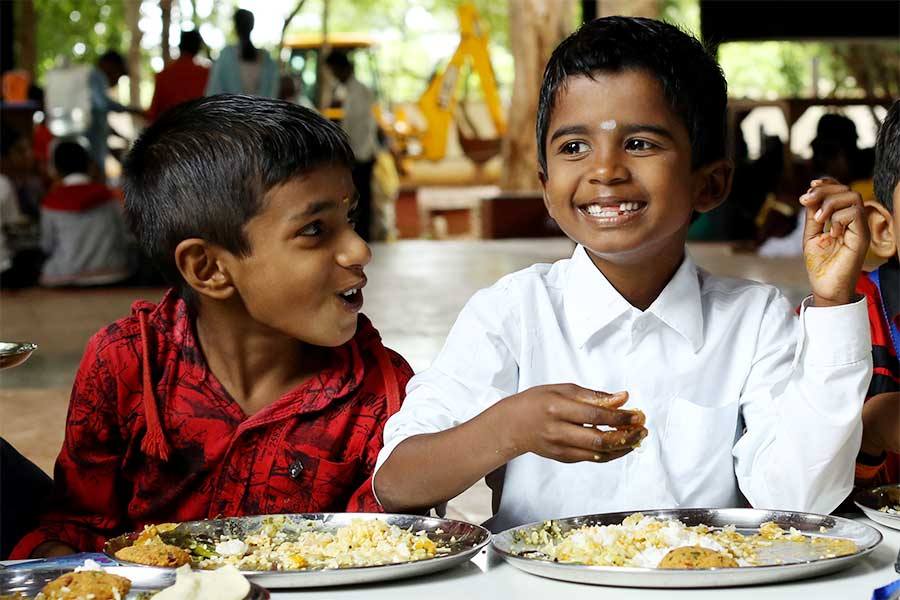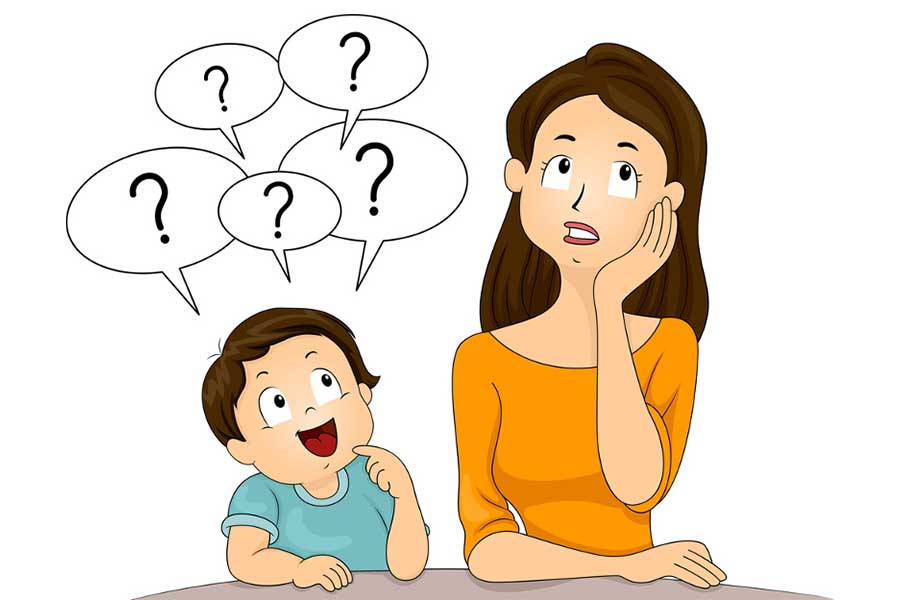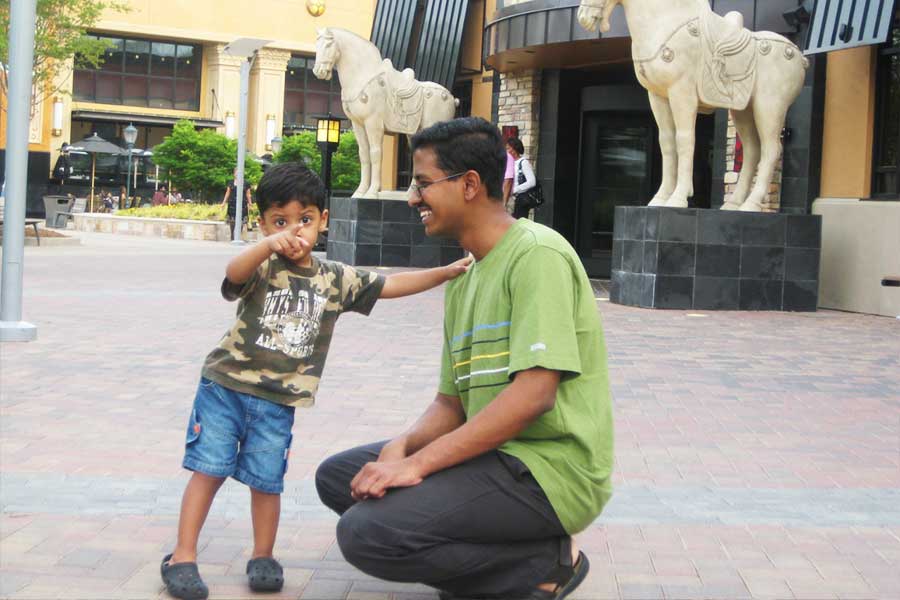Elementary children as problem solvers
There were papers strewn all over the classroom for the last couple of days. I wondered why the children had not been filing their work papers. However, I made a deliberate effort to not address the problem, but waited for the children to bring it up themselves.



